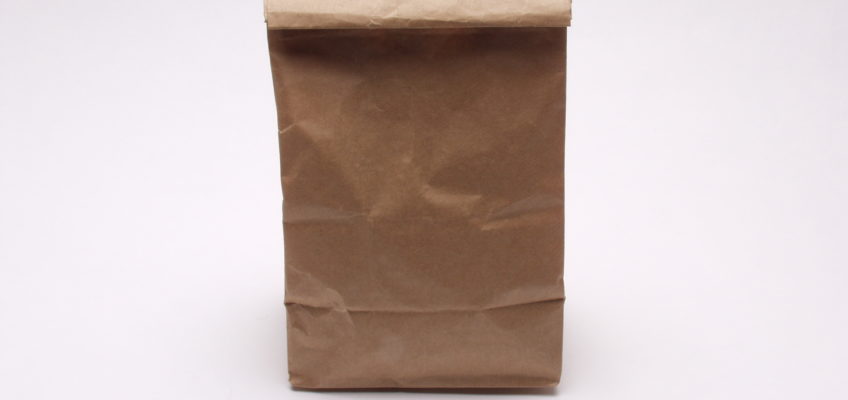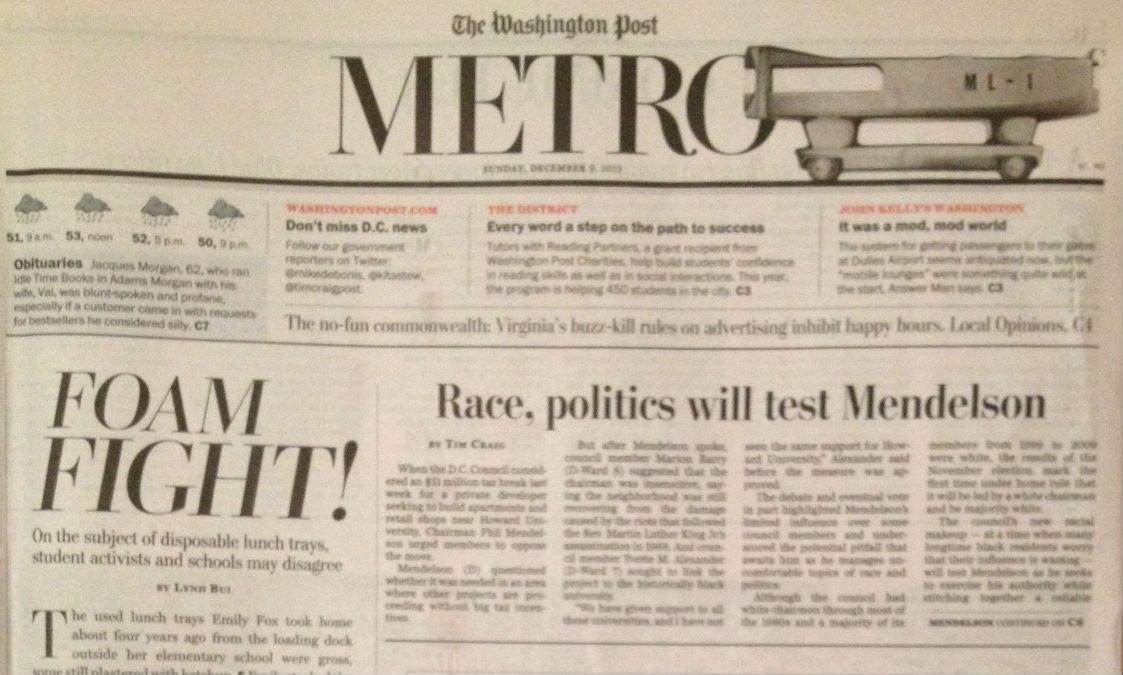![]() “Trash burning should not be considered renewable energy. Trash is not renewable. Incinerators burn discarded resources and the embodied energy they contain. They destroy rather than conserve materials. For every ton of material destroyed by incineration, many more tons of raw materials must be mined, processed, or distributed to manufacture a new product to take its place. More trees must be cut down to make paper. More ore must be mined for metal production. More petroleum must be processed into plastics. On the whole, three to five times more energy can be saved by recycling materials than by burning them.”
“Trash burning should not be considered renewable energy. Trash is not renewable. Incinerators burn discarded resources and the embodied energy they contain. They destroy rather than conserve materials. For every ton of material destroyed by incineration, many more tons of raw materials must be mined, processed, or distributed to manufacture a new product to take its place. More trees must be cut down to make paper. More ore must be mined for metal production. More petroleum must be processed into plastics. On the whole, three to five times more energy can be saved by recycling materials than by burning them.”
– Brenda Platt, Co-Director, Institute for Local Self Reliance, Testimony Before Maryland House Economic Matters Committee, March 9, 2011
On January 3rd at Noon (1100 15th Street NW, 11th Floor) the DC Environmental Network will be convening our monthly brown-bag to discuss a possible new waste-to-energy conversion facility (possibly incineration) within the District of Columbia.
RSVP Here!
The panel will include:
– Neil Seldman, Institute for Local Self Reliance
– Hallie Clemm, Deputy Administrator, Solid Waste Management Division, DC Department of Public Works
– Mike Ewall, Energy Justice Network
– Larry Martin or Hana Heineken, Sierra Club, Washington, DC Chapter (invited)
– Chris Weiss, DC Environmental Network
Background:
The Department of Public Works (DPW) was recently awarded $300,000 to study the costs and benefits of establishing a waste-to-energy conversion facility within the District.
“The District has an opportunity to craft a long-term waste-management strategy that redefines solid waste from a burden to a resource with economic, political and social value,” said DPW Director William O. Howland, Jr. “This award will fund a comprehensive feasibility study to answer the question of how the District can best capture energy from materials that are routinely discarded as trash.”
DC focused environmentalists have concerns about such a proposal. Such a plant could pollute our city and region. An incineration option, if chosen, might not be a good one for the District. Incinerators are often the most expensive and polluting way to make energy or to dispose of waste. They may compete with recycling and composting, which produce 10 times more jobs while helping the environment.
All are welcome!
RSVP Here!
Reposted from DC Environmental Network




